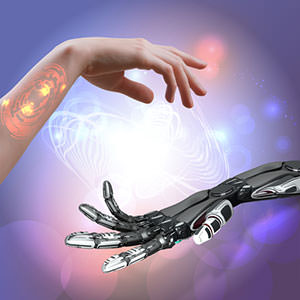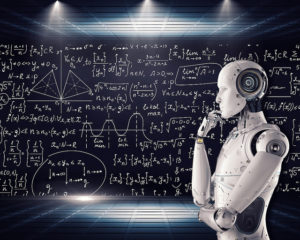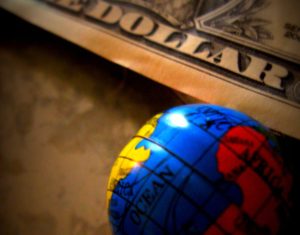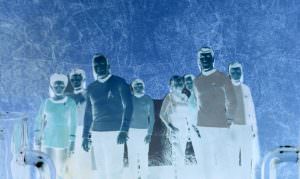Permanent Unemployment for Everyone, Brought to You by Vulture Capitalism
Bosses everywhere are trying to get rid of my job -- and yours, I suspect.
When ATMs, the cash machines, began to appear on the outside walls of banks in the 1970s, I refused to go near them. My mother was a teller at the Trust Company of New Jersey on Journal Square in Jersey City, and I knew the machines were designed to eliminate her job.
When I was at The New York Times, I went one day to what we called the “morgue,” the library of old clippings. The guy behind the counter, whom I remember as “Bob,” kept pointing down until I lifted myself up and peeked under the counter. There was a man under there with a clipboard and a stopwatch, an efficiency expert from one of the new consultant firms, McKinsey and Co. or Booz Allen Hamilton. I can’t remember which. They were after Bob’s job — and maybe mine in the future.The future is now. I can’t live around the world without ATMs. The Times’ morgue has long been digitalized, available to anyone on the Internet. And the treasures of information there are supplemented by Google, LexisNexis and a thousand other information and data sites. I can’t live without them either.But I know that they, bosses everywhere, are trying to get rid of me — and you, I suspect — if they can find the right software to monitor my keystrokes, the websites I go to regularly and read, a GPS or camera to put under my car or truck. Am I really essential? Not to them. They are diligently searching for a virtual me or you, here or in Bangladesh or cyberspace.Columnists should avoid predictions, if possible. But here I go. One of the next big things will be “work” as an important American political issue: who gets to work and who doesn’t. What will that work be like? What obligations and rights will employees have?We talk and debate “unemployment” now, but the issue will go far beyond, far deeper than just a fraction of people without the skills or ambition to find a job capable of supporting a family. We have already effectively more than doubled the earnings needed to support a family by bringing women into the workplace. I would argue that is a good thing for most of us, but an unintended consequence of that one step forward was the fact that it now usually takes two wage-earners to support one middle-class family or break it, partly because of work tensions and time constraints.I find that what I see as a looming crisis is rarely mentioned in the press or even in government circles. So, I was surprised to see a front-page story in the Los Angeles Times last Sunday under this headline:“EVERY MOVE TRACKED© 2013 UNIVERSAL UCLICK
Your support matters…Independent journalism is under threat and overshadowed by heavily funded mainstream media.
You can help level the playing field. Become a member.
Your tax-deductible contribution keeps us digging beneath the headlines to give you thought-provoking, investigative reporting and analysis that unearths what's really happening- without compromise.
Give today to support our courageous, independent journalists.





You need to be a supporter to comment.
There are currently no responses to this article.
Be the first to respond.